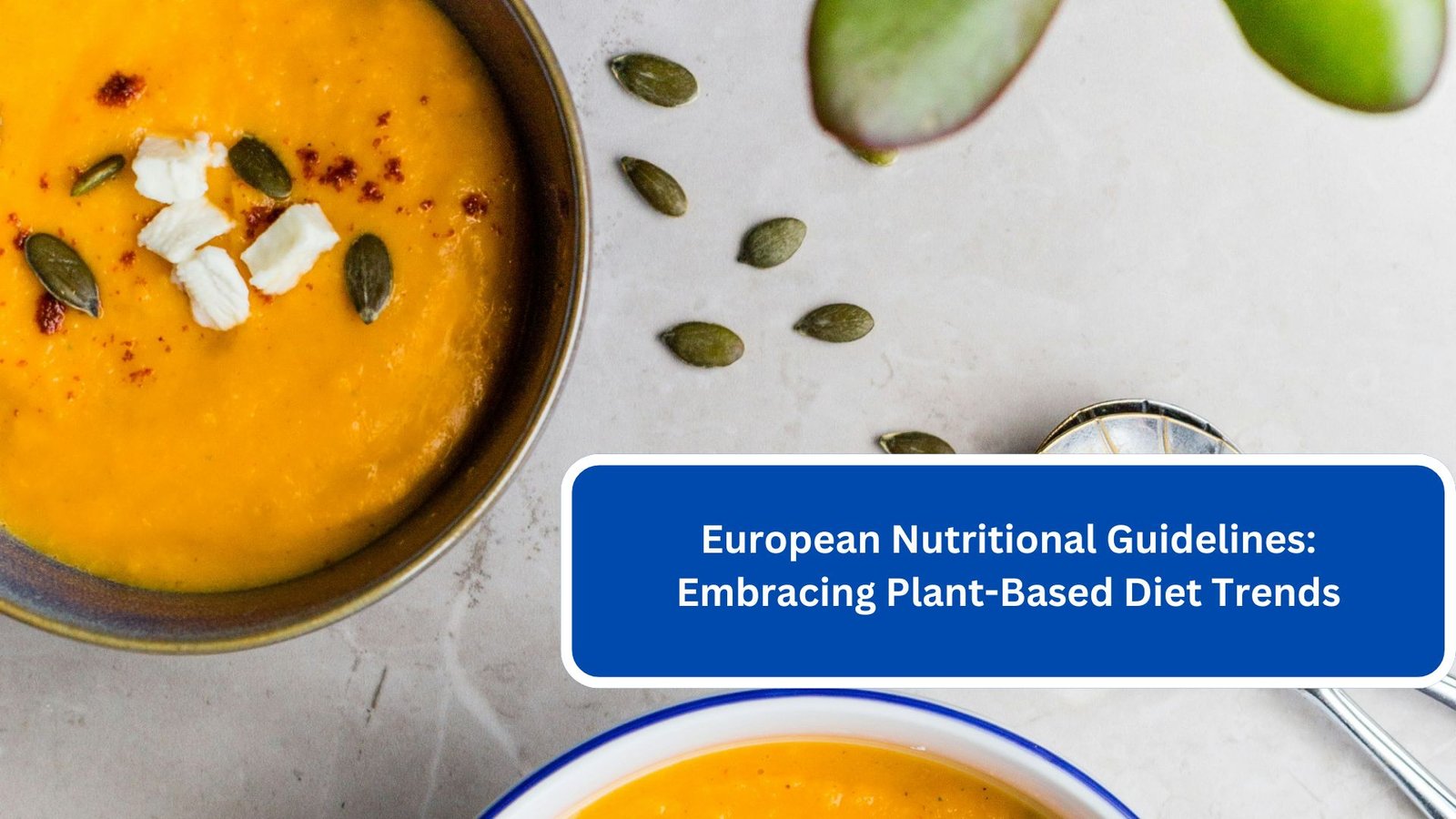In recent years, there has been a noticeable shift in dietary recommendations across Europe, with a particular emphasis on plant-based diets. This trend is not merely a response to consumer preferences but is rooted in a growing body of research highlighting the numerous health benefits associated with plant-based eating. European nutritional guidelines are evolving to reflect these advancements, focusing on sustainability, health, and overall well-being. This article delves into the key aspects of the current European nutritional guidelines and how they embrace plant-based diet trends.
Understanding Plant-Based Diets
Plant-based diets emphasize the consumption of foods primarily from plants, including fruits, vegetables, whole grains, legumes, nuts, and seeds. While these diets may include small amounts of animal products, the focus is predominantly on plant-derived foods. Research has consistently shown that such diets can lead to numerous health benefits, including lower risks of chronic diseases such as heart disease, diabetes, and certain cancers.
The shift toward plant-based eating is also motivated by environmental concerns. Studies indicate that reducing meat consumption can significantly lower greenhouse gas emissions, contributing to a more sustainable food system. In light of this, many European countries are integrating these principles into their dietary guidelines.
Key Aspects of the Updated European Nutritional Guidelines
- Incorporation of Plant-Based Foods:
The updated guidelines encourage the inclusion of a wide variety of plant-based foods. This not only aligns with health recommendations but also supports local agriculture and biodiversity. Governments and health organizations are promoting plant-based meals, aiming for at least a few meat-free days each week. - Sustainable Eating Practices:
The guidelines stress the importance of sustainability in food choices. By emphasizing seasonal and local produce, they advocate for diets that reduce the environmental footprint of food production. This is particularly relevant in the context of climate change and its impacts on food security. - Nutrient Density Over Caloric Density:
A significant focus of the guidelines is on nutrient density rather than caloric density. This means encouraging foods that provide a high amount of vitamins, minerals, and other beneficial compounds relative to their calorie content. Plant-based foods, rich in fiber, vitamins, and antioxidants, are often nutrient-dense, making them a preferred choice. - Holistic Health Approaches:
The new guidelines recognize the importance of a holistic approach to health, integrating physical, mental, and emotional well-being. Plant-based diets are associated with improved mental health outcomes, lower levels of stress, and enhanced mood, making them beneficial for overall well-being. - Personalization of Nutrition:
The updated guidelines also emphasize personalized nutrition, recognizing that dietary needs can vary significantly between individuals. This includes considerations for age, gender, lifestyle, and health conditions. As research on the microbiome and individualized dietary responses continues to evolve, guidelines are adapting to offer more tailored recommendations. - Community and Cultural Relevance:
While promoting plant-based diets, the guidelines respect and incorporate cultural food practices. Acknowledging the diversity of food traditions across Europe is essential in ensuring that dietary recommendations are accepted and followed by different populations.
Benefits of Embracing Plant-Based Diets
- Health Benefits:
Numerous studies have shown that plant-based diets are linked to lower risks of chronic diseases. For instance, the World Health Organization recognizes the benefits of consuming a diet rich in fruits and vegetables, which can reduce the risk of heart disease and certain cancers. The incorporation of legumes and whole grains also contributes to better glycemic control and weight management. - Environmental Sustainability:
Transitioning to plant-based diets can significantly reduce the carbon footprint associated with food production. Livestock farming is a major contributor to greenhouse gas emissions, deforestation, and water usage. By shifting to more plant-based options, individuals can play a role in mitigating climate change and promoting environmental health. - Economic Impact:
The focus on plant-based diets can also stimulate local economies. Encouraging the consumption of locally sourced produce supports farmers and reduces reliance on imported goods, which can be more resource-intensive. - Social Equity:
Promoting plant-based diets can enhance food security by making nutritious foods more accessible. Many plant-based foods, such as beans and grains, are often more affordable than animal products, providing cost-effective dietary options for low-income families.
Challenges and Considerations
While the shift towards plant-based diets offers numerous benefits, there are challenges to consider. Nutritional education is essential to ensure that individuals understand how to achieve a balanced diet that meets all their nutritional needs. There is also a need for policies that support the production and availability of affordable plant-based options, particularly in food deserts.
Furthermore, as dietary patterns shift, it is crucial to ensure that the plant-based foods being promoted are not only healthy but also minimally processed. Highly processed plant-based alternatives can sometimes be high in sugars, fats, and sodium, counteracting the health benefits typically associated with whole foods.
Conclusion
The embrace of plant-based diets within European nutritional guidelines reflects a significant advancement in our understanding of nutrition, health, and sustainability. By promoting the benefits of plant-derived foods, these guidelines aim to improve individual health outcomes while also addressing broader environmental and social issues. As the landscape of nutrition continues to evolve, it will be essential for individuals, healthcare professionals, and policymakers to collaborate in fostering a culture of healthy and sustainable eating practices across Europe.

